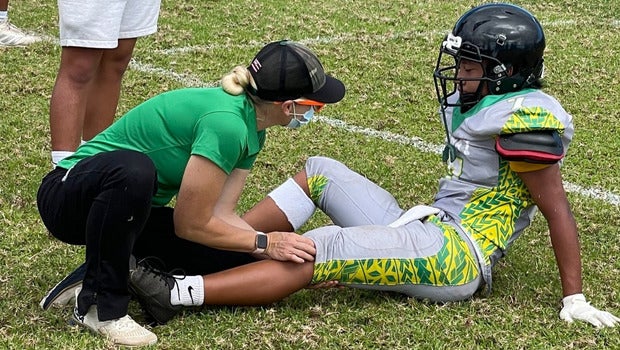Future of Sports: College Sports Reform in the Public Interest
The national conversation around NCAA reform has centered on two parties: revenue-producing athletes and the universities they play for. But big-time college sport is not an island. It sits on top of and influences the shape of a much larger ecosystem, youth and school sports, which has been transformed over the past generation by the chase for scholarships, preferential admission slots for recruited athletes, and now NIL opportunities. It also sits amid an array of stakeholders, from Olympic chiefs to the professional team owners, university presidents to low-income families, even advocates for public health and climate change, whose institutions or efforts will be impacted by the new college sports model that emerges once the courts and regulators sort out what constitutes legal treatment of athletes under anti-trust and labor law.
So how to get the new model right? How to reform college sports in the public interest? Tom Farrey, executive director of the Aspen Institute’s Sports & Society Program, explored five big ideas with the help of other journalists and experts who have studied the U.S. sport system.
Future of Sports is a conversation series, hosted by the Aspen Institute Sports & Society Program, that helps stakeholders think through key questions shaping the future of our games, the sports industry and its impact on society. Past events examined the future of football, a series on college athlete pay including the government’s role and the future of name, image and likeness rights, sports betting, athlete activism, coaching, the U.S. Olympic movement, women’s pro sports, children’s rights in sports, and the future of sports in the climate crisis. Contact Sports & Society Program Executive Director Tom Farrey at tom.farrey@aspeninstitute.org with questions or inquiries.



